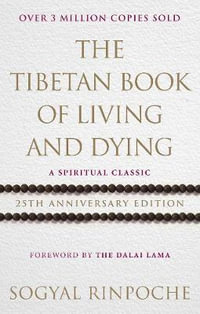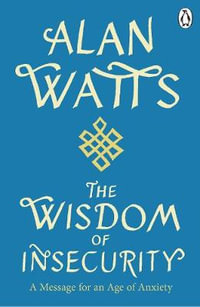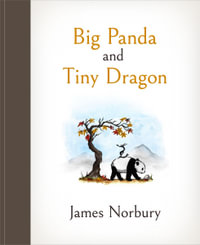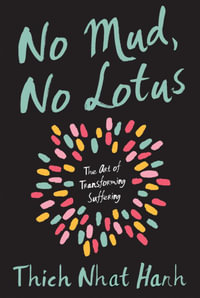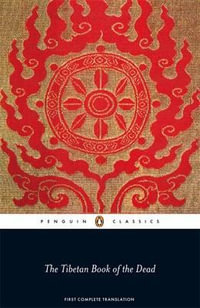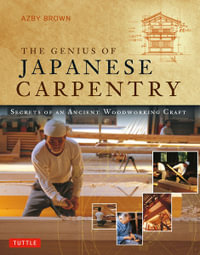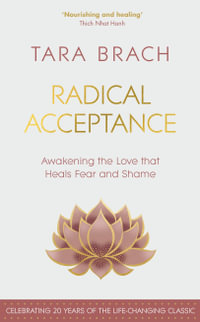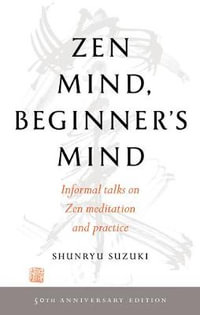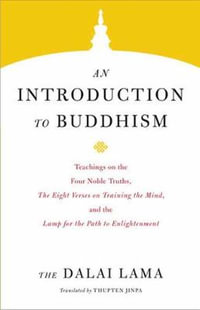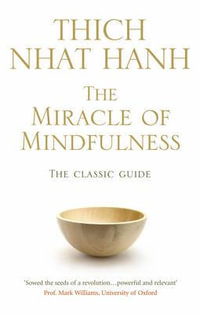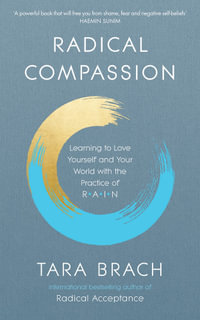In The Dysfunction of Ritual in Early Confucianism Michael Ing describes how early Confucians coped with situations where their rituals failed to achieve their intended aims. In contrast to most contemporary interpreters of Confucianism, Ing demonstrates that early Confucian texts can be read as arguments for ambiguity in ritual failure. If, as discussed in one text, Confucius builds a tomb for his parents unlike the tombs of antiquity, and rains fall causing the tomb to collapse, it is not immediately clear whether this failure was the result of random misfortune or the result of Confucius straying from the ritual script by building a tomb incongruent with those of antiquity. The Liji (Record of Ritual)--one of the most significant, yet least studied, texts of Confucianism--poses many of these situations and suggests that the line between preventable and unpreventable failures of ritual is not always clear. Ritual performance, in this view, is a performance of risk. It entails rendering oneself vulnerable to the agency of others; and resigning oneself to the need to vary from the successful rituals of past, thereby moving into untested and uncertain territory. Ing's book is the first monograph in English about the Liji--a text that purports to be the writings of Confucius' immediate disciples, and part of the earliest canon of Confucian texts called ''The Five Classics,'' included in the canon several centuries before the Analects. It challenges some common assumptions of contemporary interpreters of Confucian ethics--in particular the assumption that a cultivated ritual agent is able to recognize which failures are within his sphere of control to prevent and thereby render his happiness invulnerable to ritual failure.
Industry Reviews
"The Dysfunction of Ritual in Early Confucianism brings readers into the intricacies of the text of the Liji. Michael Ing respects the diversity of perspectives in the text while paying close attention to the ways that its authors shared a central concern with failures in ritual practice."--New Book in East Asian Studies
"Ing's work is simply brilliant! He has brought both the right text and the right method to bear on the central question of the religious nature of the Confucian tradition. By focusing upon the Liji with its probing account of ritual performance and meaning and by applying the method and theory of religious studies, Ing has been able to probe the depths of religious meaning within the Confucian context specifically and larger Chinese context more
generally."--Rodney L. Taylor, Professor of Religious Studies, University of Colorado at Boulder


![When Things Fall Apart : Heart Advice For Difficult Times [Thorsons Classics edition] - Pema Chodron](https://www.booktopia.com.au/covers/200/9780007183517/5907/when-things-fall-apart.jpg)
